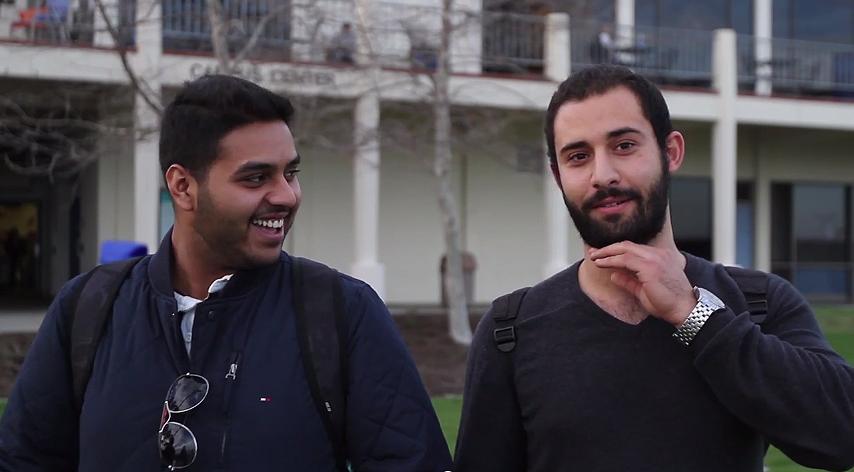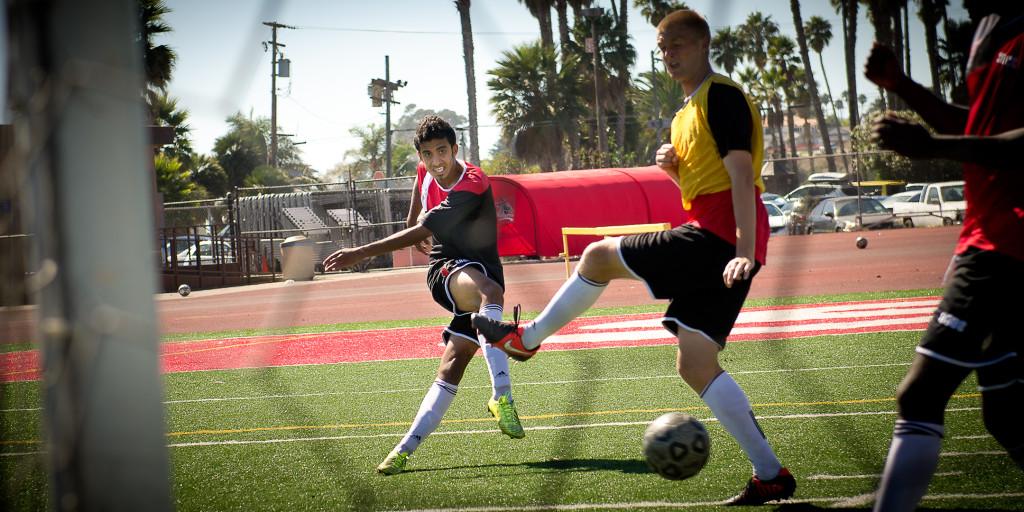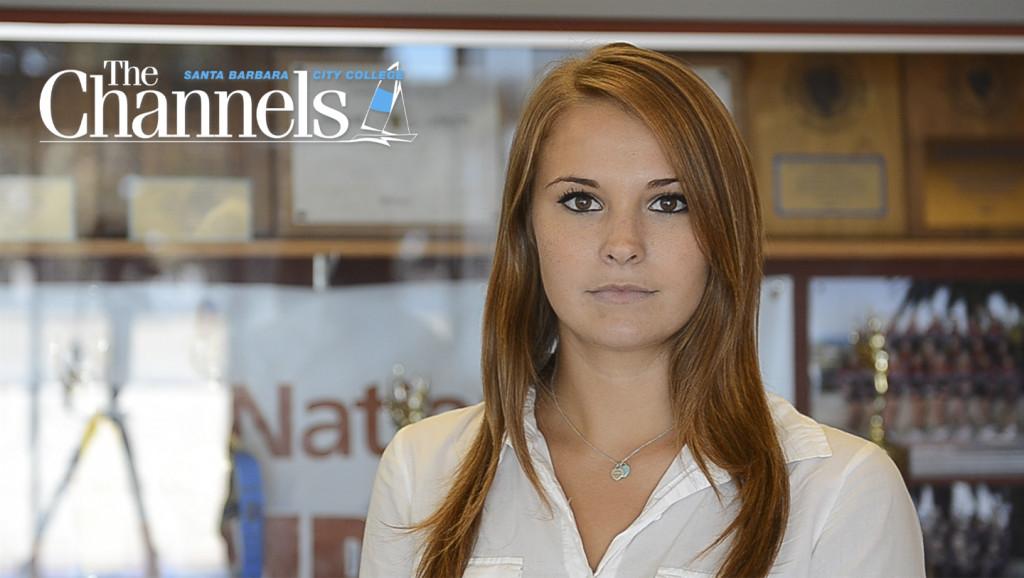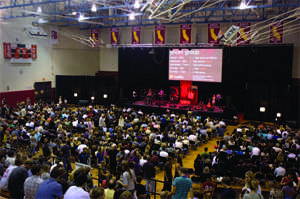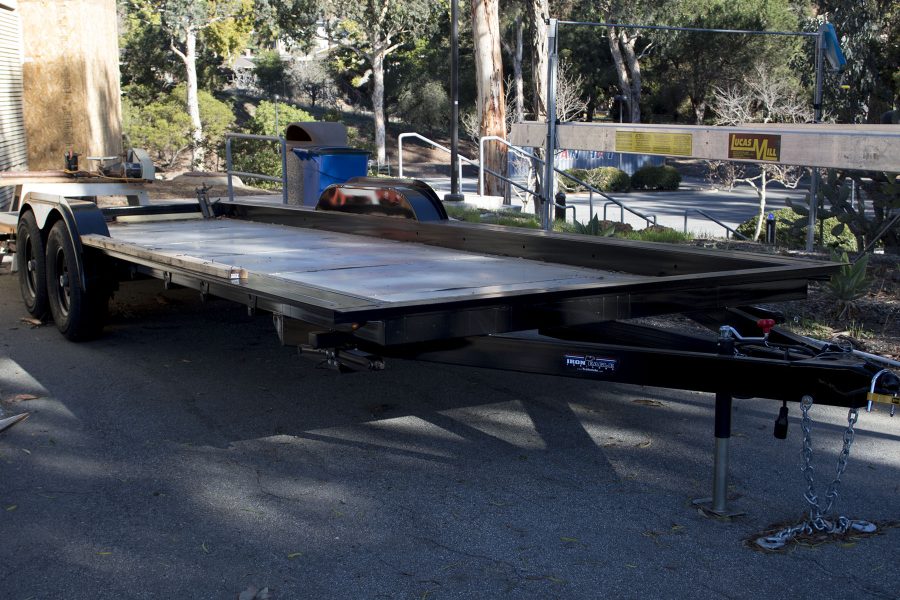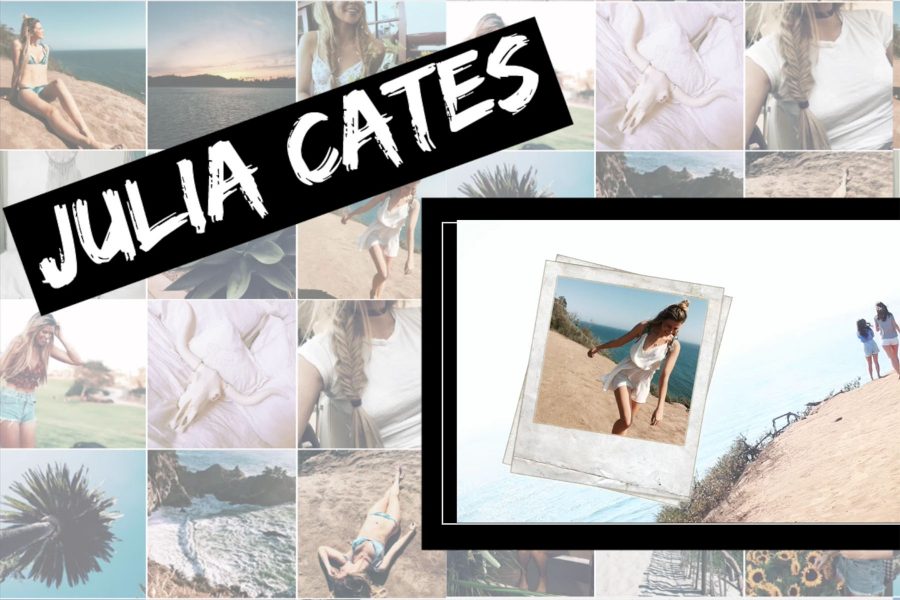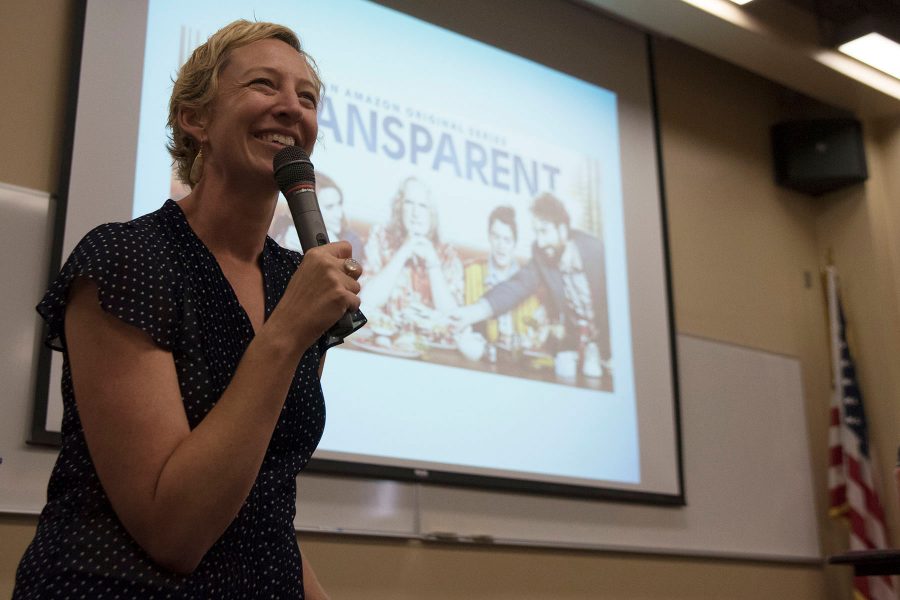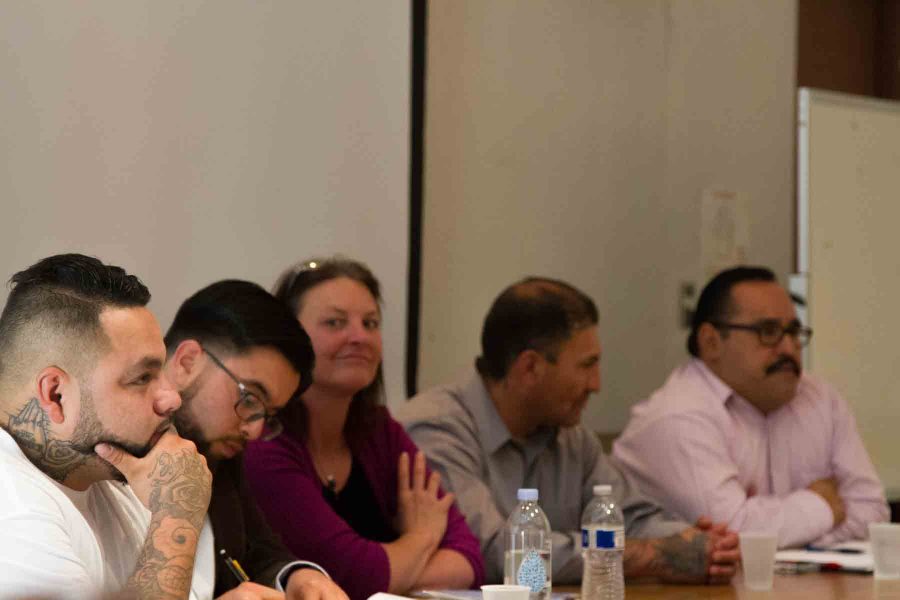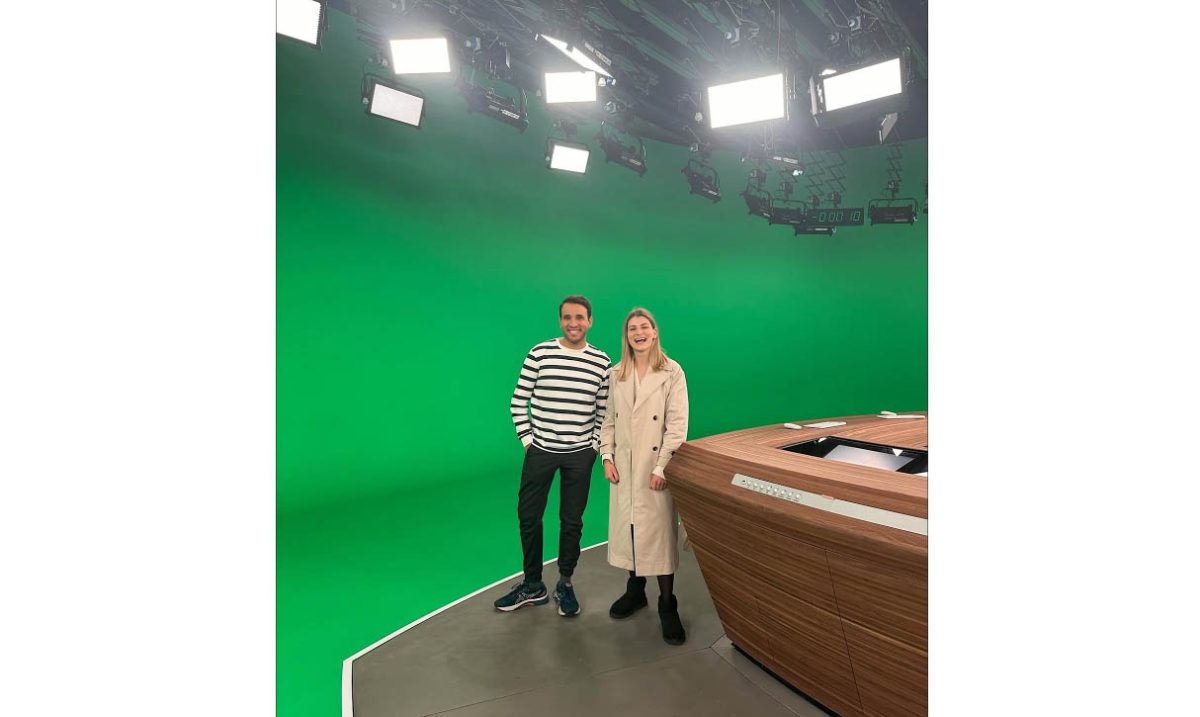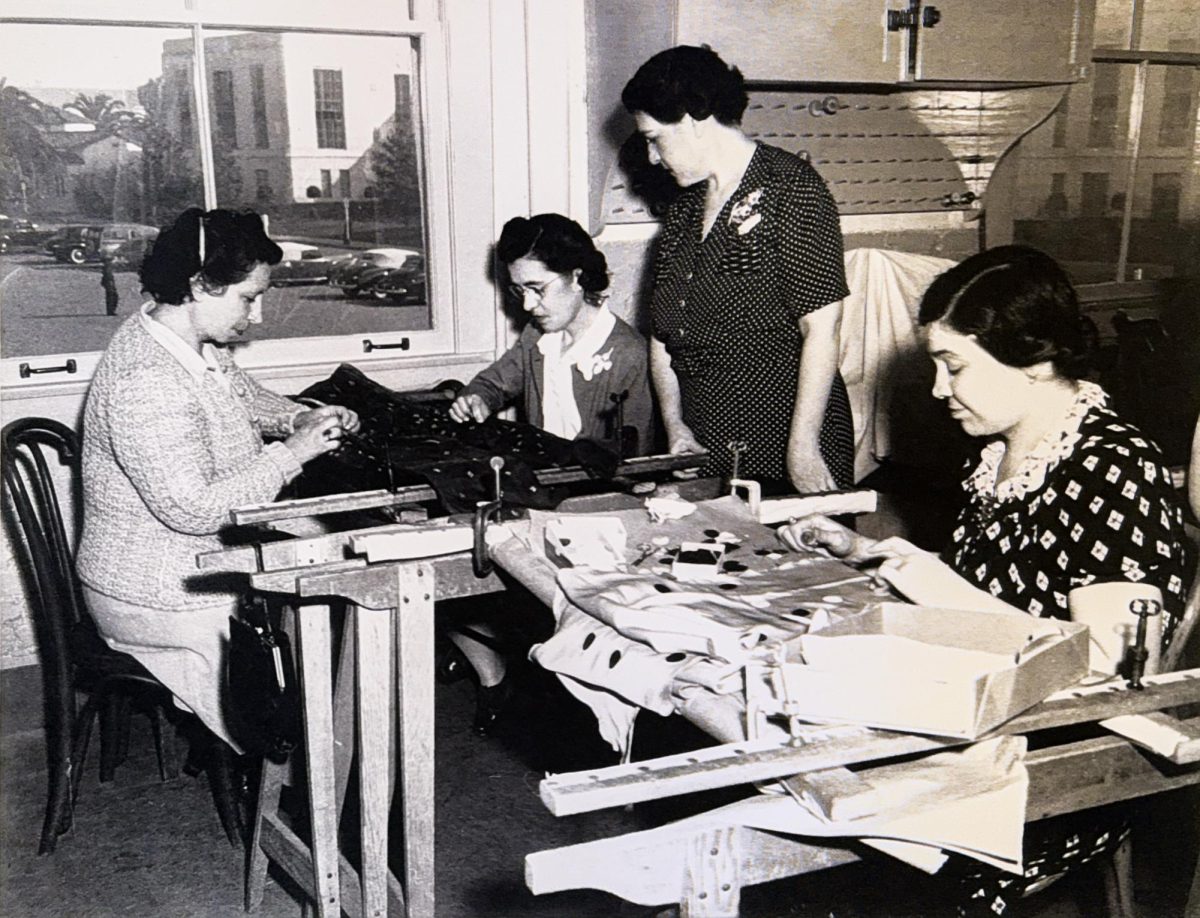I pressed down on my grandfather’s chest and heard his breastplate crack. His 90-year-old bones continued to fracture under the pressure of my chest compressions. The sound was terrifying, but I didn’t stop. My six years of lifeguarding experience took hold, and I forgot that my grandfather had wanted to die.
After three minutes of CPR, I still couldn’t find a pulse. I could no longer see the soldier, the farmer, or the father in my grandfather’s stormy blue eyes.
I was suddenly relieved. For two months prior, my grandfather had refused to eat or get out of bed. He had decided that 90 years was “damn good enough”. Now he was finally at rest.
But when the paramedics arrived, my calm was shaken. With callous efficiency, they shocked and prodded my grandfather’s body. After 20 minutes, I was the only one left to help the coroner move his body into the hearse.
By this time, I was accustomed to being alone. My father left town two days after my grandfather began to starve himself. Later, he told me that he left because he couldn’t face his father’s death—and that I, with six years of lifeguarding experience, was better equipped to handle the situation.
In the beginning, I was overwhelmed; it was finals week and I was training for the cross-country state championships. After every class, I would race to Goleta to give my grandfather his pills. Some days I would skip class to cook meals—most of which he never ate. My mind was raced with ethical questions: “Should I take him to the hospital even though he begged me not to?” “Will I be responsible for his death if I don’t?”
As the days passed, I became less worried, less frightened by the presence of death. I began to understand and appreciate my grandfather’s desire to die. Although I continued in my attempts to feed him, I no longer felt the need to call the hospital.
When I told this to my friends and teachers, they reacted with revulsion. They urged me to bring my grandfather to a facility. They assured me that it was not my responsibility to care for my grandfather.
I did not listen to their advice.
America is deathly afraid of death. We have grown excessively dependent on hospitals and health care. If my father had been present, he would have sent my grandfather to a hospital, if only to separate himself from illness and death. We have become a technologically obsessed culture; we are governed by the notion that “what can be done, should be done.”
Other cultures, like those of Mexico, celebrate the death of an individual. During the Mexican holiday Dios De Los Muertos, families decorate the altars of their deceased loved ones with toy skeletons and bright orange flowers. Death is not portrayed as evil (as depicted in Hollywood’s “Night of the Living Dead” and “28 Days Later”), but rather a natural part of life.
By taking responsibility for my grandfather’s health, I faced my fear of death. I was part of his death, rather than a bystander who walks nervously outside of a hospital room. I was hardened by the experience, but also enlightened.
When my father came back from Ireland, he looked relieved.
“Thank God it was you instead of me,” he said.
I shook my head at his ignorance. In an attempt to escape his fear and sadness, my father had secured the curtain between everyday life and reality, whereas I had lifted it.


